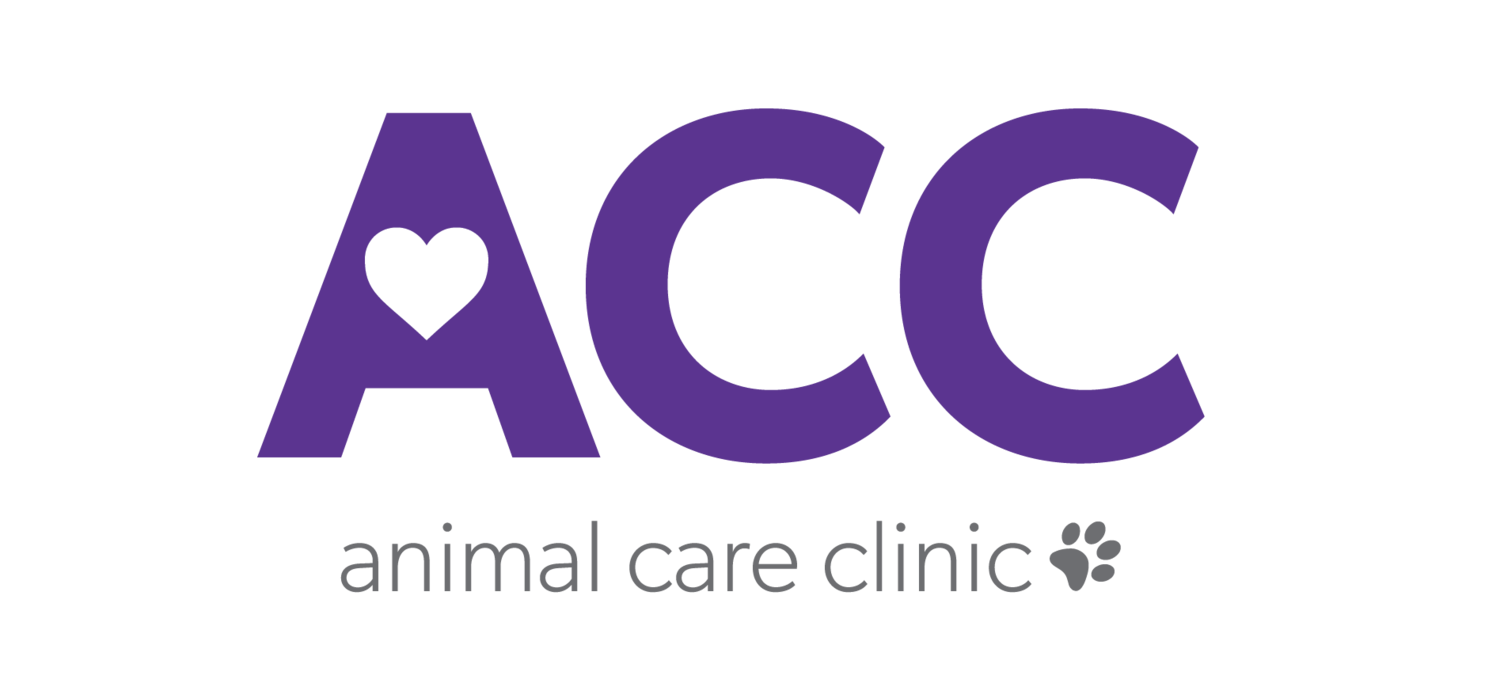Vaccinations play an important role in protecting puppies from potentially life-threatening illnesses. While these routine shots are essential for their health, it’s normal for puppies to experience mild side effects after.
This can make you feel uneasy. Knowing what to expect and how to care for your puppy after a vaccination can help make the process easier for you and your pet.
What to Expect After Puppy Vaccination
Common Reactions to Vaccines
It’s common for puppies to have minor side effects following a vaccine. You might notice some soreness or swelling around the injection site. Puppies often feel more tired than usual as their bodies work to process the vaccine and build immunity. A low-grade fever is also a normal response.
In some cases, puppies may develop allergic reactions, such as swelling, hives, or difficulty breathing. While uncommon, these situations require immediate attention from a veterinarian.
Temporary Behavioral Changes
After getting vaccinated, puppies may seem a little "off" for a day or two. They may sleep more, show less interest in playing, or eat less than usual. Some puppies may even tremble slightly due to mild discomfort or stress. These behaviors are typically short-lived, and most puppies bounce back quickly.
What to Do After Puppy Vaccination
Knowing what to do after vaccination is important in helping them recover smoothly. Here are a few practical tips:
Provide Comfort and Care
After a vaccination, your puppy might need extra rest. Give them a cozy, quiet space where they can relax without interruptions. Avoid high-energy activities like long walks or intense play until they feel better. Keeping fresh water available and monitoring their appetite is also important to ensure they stay hydrated and nourished.
Ease Any Discomfort
If the injection site seems sore, you can gently apply a warm compress to soothe it. For puppies that are trembling, wrapping them lightly in a blanket can provide some comfort. Just be careful not to overheat them by piling on too many layers.
Keep an Eye on Their Behavior
Monitoring your puppy after a vaccination is important. Watch for any significant changes in their behavior or physical condition. Mild side effects are normal, but if your puppy shakes persistently, vomits, has trouble breathing, or appears unusually lethargic, it’s time to contact your vet.
When to Call the Veterinarian
Signs of Severe Reactions
While most vaccine side effects are mild, some symptoms should never be ignored. If your puppy develops swelling around the face or throat, has difficulty breathing, experiences repeated vomiting or diarrhea, or suddenly collapses, contact us immediately.
Prolonged Symptoms
If your puppy’s symptoms—such as shaking, tiredness, or loss of appetite—persist beyond 48 hours, it could indicate complications that need professional attention. A quick visit to the vet can provide peace of mind and ensure your puppy gets the care they need.
Tips for a Smooth Vaccination Experience
Schedule Follow-Up Visits
Puppy vaccines are usually given as part of a series. Attending all follow-up appointments ensures your puppy is fully protected against disease.
Talk to Your Vet About Side Effects
Discussing potential side effects before your puppy's vaccination can help you feel more prepared. We can guide you on what’s normal and when to seek help, which can ease any unnecessary concerns.
Boost Immune Support
A healthy puppy recovers more quickly from vaccinations. Feeding them a balanced diet, ensuring they get enough exercise (when appropriate), and scheduling regular vet check-ups will help keep their immune system strong.
Helping Your Puppy Stay Happy and Healthy
Most puppies experience only mild, temporary side effects after vaccination. By staying attentive, giving them time to rest, and knowing when to call your vet, you can make the recovery process smooth and stress-free. Vaccinating your puppy is important in raising a healthy and happy dog. If you ever feel unsure about how your puppy is doing, don’t hesitate to contact us!

